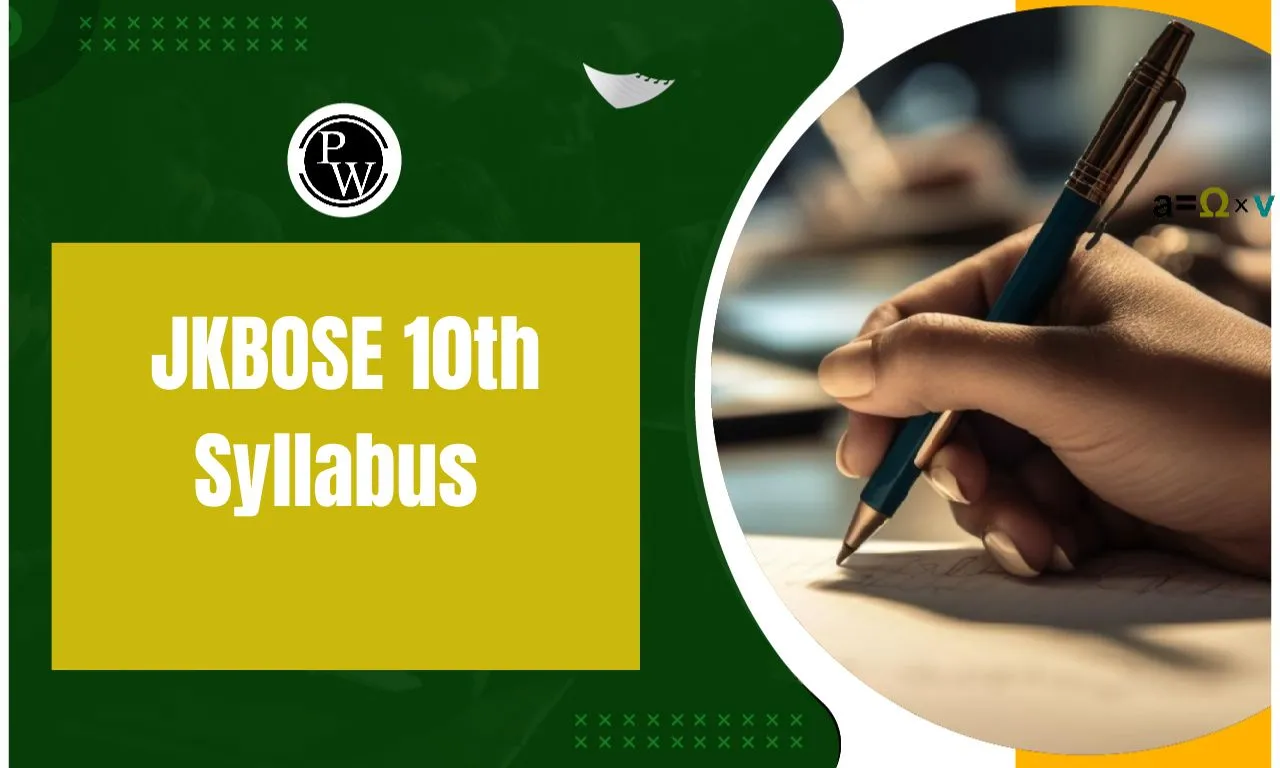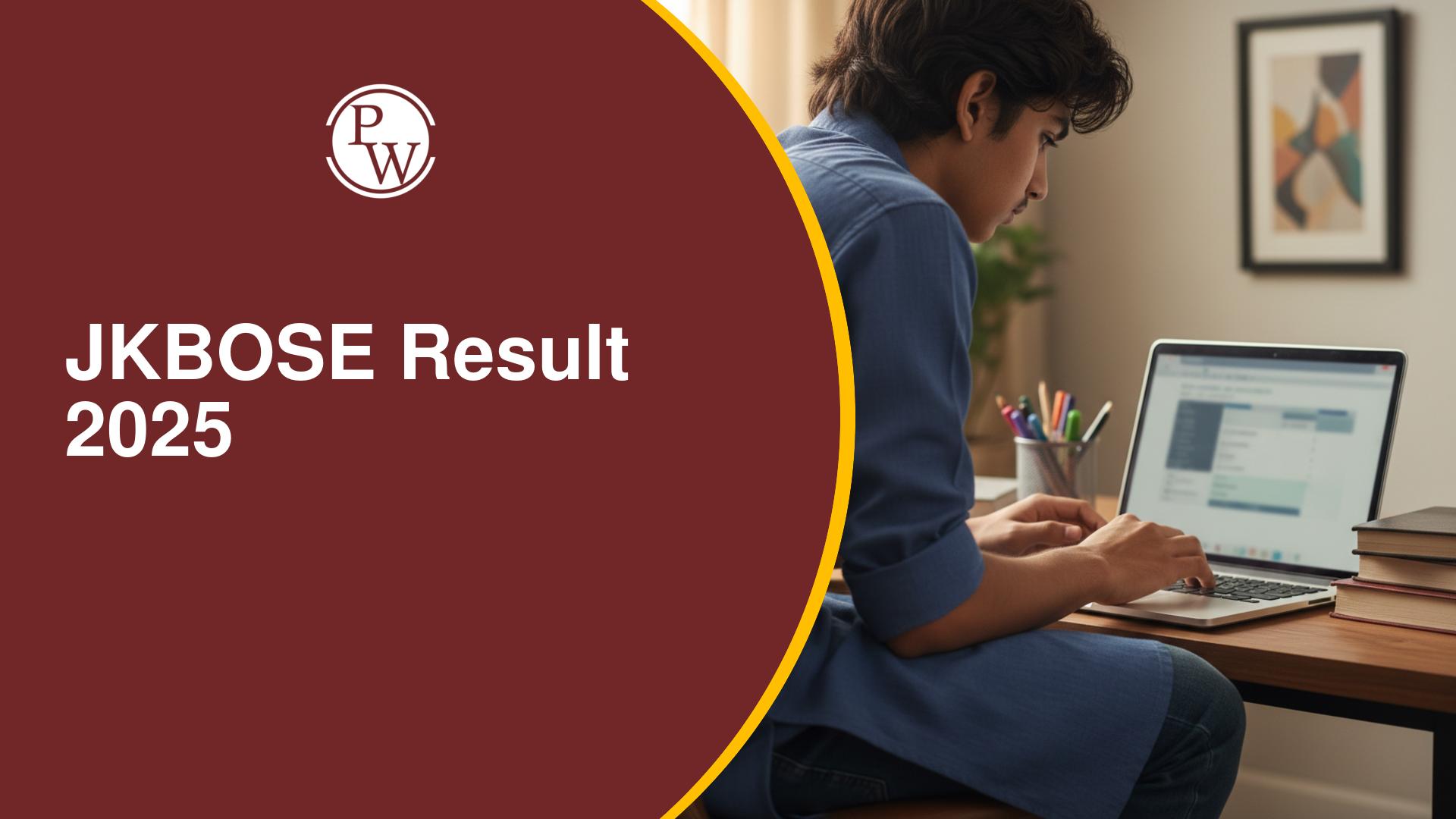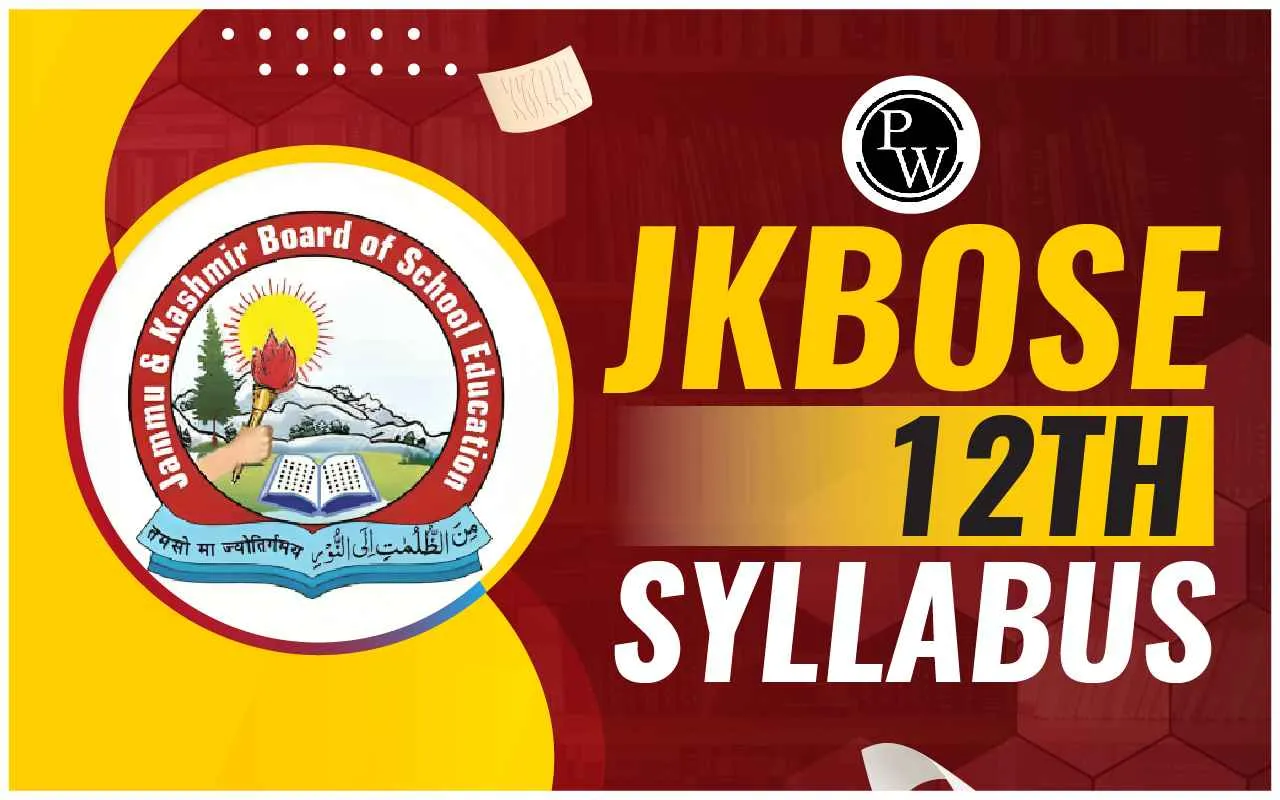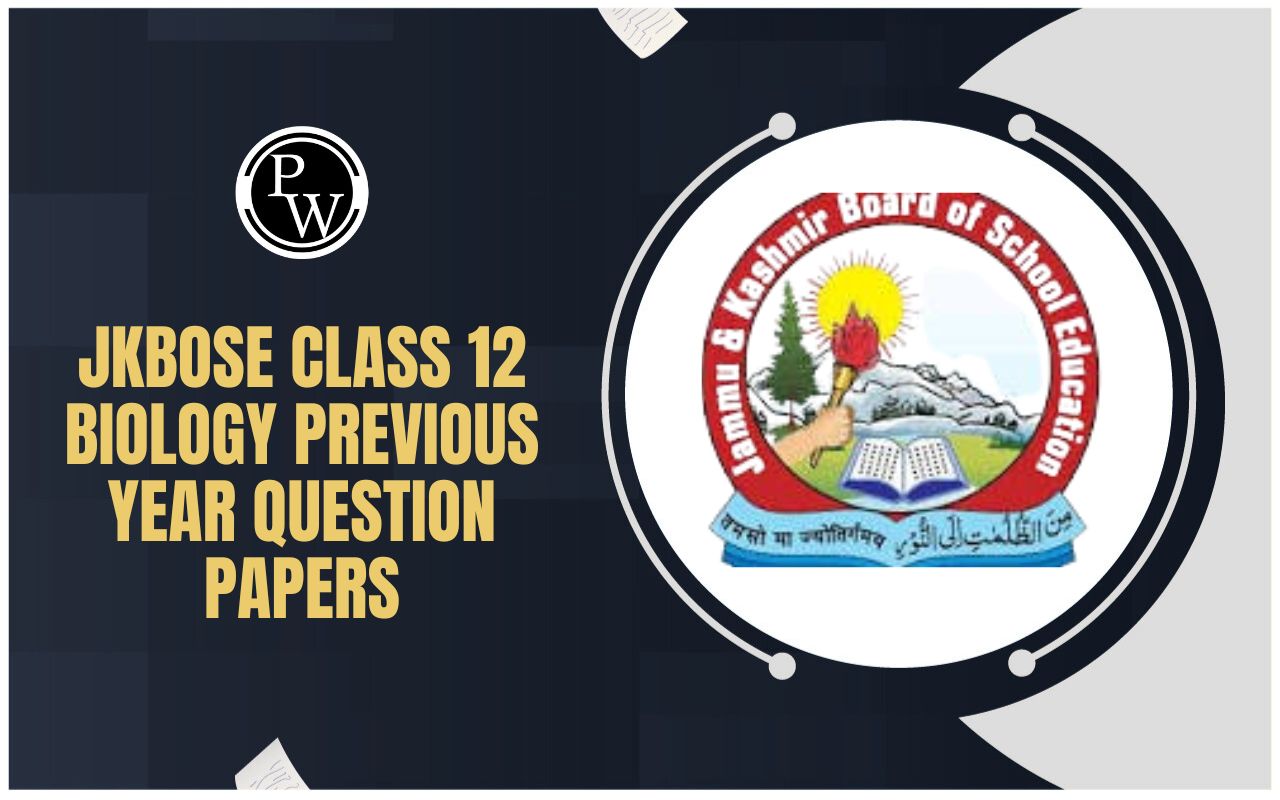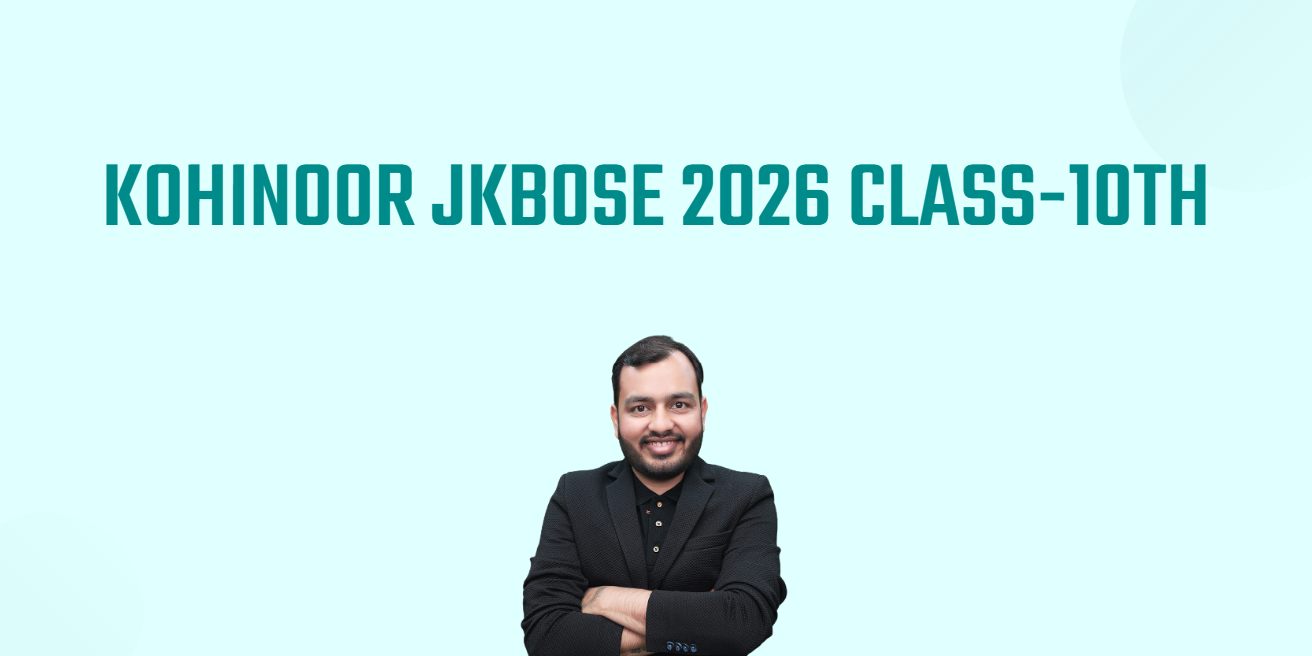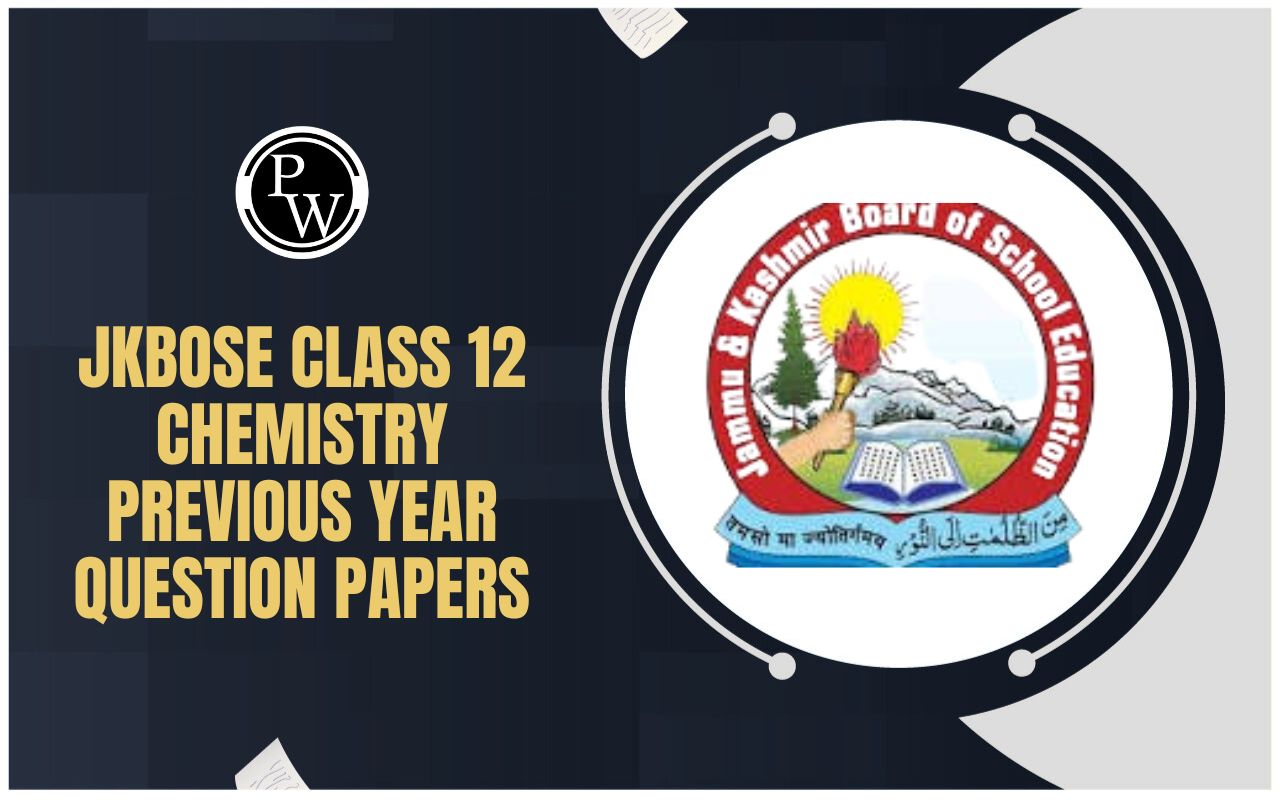
The JKBOSE Class 12 Political Science Important Questions are prepared according to the latest exam pattern and syllabus prescribed by the board. These questions are selected from key topics that frequently appear in previous year papers, ensuring focused preparation. Covering both short and long answer formats, they help students understand important themes like the Indian Constitution, international relations, and political theories.
Practising these questions improves writing skills, time management, and conceptual clarity. Ideal for revision, they also help identify commonly asked questions, boosting exam confidence and scoring potential in the JKBOSE Class 12 board examination.
JKBOSE Class 12 Political Science Important Questions with Answers
Below, we have provided JKBOSE Class 12 Political Science Important Questions with Answers based on the latest syllabus and exam pattern. These questions cover key topics from all chapters and are selected from previous year papers and expected exam trends.
Check the detailed question and answer list below to strengthen your preparation and boost your board exam performance.
Contemporary World Politics
-
What were the causes and consequences of the disintegration of the Soviet Union in 1991?
Answer: Causes include political reforms like glasnost and perestroika, economic stagnation, and growing nationalism. Consequences were the emergence of 15 independent republics, the end of bipolarity, and the rise of the United States as the sole superpower. -
What is ‘Shock Therapy’? What were its effects?
Answer: Shock Therapy was the rapid shift from socialism to capitalism in post-Soviet states. It led to inflation, unemployment, decline in GDP, and the concentration of wealth in a few hands, weakening the social security system. -
What are the objectives of the Non-Aligned Movement (NAM)?
Answer: NAM aimed to maintain independence from power blocs, support peaceful coexistence, oppose colonialism, and promote economic development among newly independent countries. -
What caused the Cold War and what were its effects?
Answer: The Cold War was caused by ideological conflict between capitalism and communism. It led to arms races, formation of military alliances like NATO and the Warsaw Pact, and proxy wars in various parts of the world. -
What is the European Union (EU) and what are its features?
Answer: The EU is a political and economic union of European countries. Features include a single market, common currency (euro), free movement of people and goods, and joint policies on trade, agriculture, and regional development.
Politics in India Since Independence
-
What were the main challenges of nation-building in India after independence?
Answer: India faced the integration of princely states, refugee crisis due to partition, linguistic reorganization of states, and establishing democracy and secularism. -
How did the Congress dominate Indian politics after independence?
Answer: Congress dominated due to its leadership in the freedom movement, strong grassroots organization, and ability to accommodate diverse social and regional interests. -
Explain the significance of the First Five Year Plan.
Answer: It focused on agricultural development, irrigation, and community programs to boost food production and rural welfare, laying the foundation for future economic planning. -
What was Nehru’s approach to foreign policy?
Answer: Nehru emphasized non-alignment, peaceful coexistence, support for decolonization, and maintaining India’s sovereignty and independence in international affairs. -
What were the causes and consequences of the Emergency (1975–77)?
Answer: Causes included political unrest, economic challenges, and a court verdict against Indira Gandhi. Consequences included suspension of civil liberties, press censorship, arrests of opposition leaders, and a decline in democratic values.
Recent Developments and Regional Politics
-
What led to the rise of coalition politics in India?
Answer: Decline of single-party dominance, growth of regional parties, and diverse social and political demands led to coalition governments at the centre. -
What was the Mandal Commission and what was its impact?
Answer: It recommended 27% reservation for OBCs in government jobs and education. It sparked protests but also led to greater political empowerment of backward classes. -
How does communalism affect Indian politics?
Answer: Communalism leads to violence, polarisation of votes, and threatens secularism. Political misuse of religion can disrupt social harmony and national integration. -
What are the key issues in Jammu and Kashmir politics?
Answer: Issues include demands for autonomy, insurgency, external interference, and the special constitutional status which was recently revoked, altering the region’s political dynamics. -
Discuss the Punjab crisis and how it was resolved.
Answer: Rooted in demands for greater autonomy and Sikh identity, the Punjab crisis escalated into militancy in the 1980s. It was resolved through political dialogue, security operations, and restoration of democratic processes.
International Organizations and Global Concerns
-
What reforms are proposed for the United Nations?
Answer: Reforms include expanding the Security Council, increasing representation for developing countries, improving peacekeeping operations, and making the UN more democratic and effective. -
What is meant by global security?
Answer: Global security goes beyond military threats and includes economic security, environmental sustainability, human rights, terrorism, and cybersecurity. It requires collective action and cooperation among nations. -
What are global commons? Why are they important?
Answer: Global commons include natural resources shared by all, like oceans, atmosphere, and outer space. Their preservation is crucial for environmental sustainability and future generations. -
What are the effects of globalization on India?
Answer: Globalization has led to increased economic growth, access to international markets, technology transfer, and cultural exchange. However, it has also caused job insecurity, inequality, and erosion of local cultures -
How has India’s relationship with the USA evolved?
Answer: India–USA ties have grown stronger with cooperation in trade, defense, technology, and global security. The relationship has shifted from Cold War suspicion to strategic partnership.
JKBOSE Class 12th Supplementary Exam Timetable for 2025
Must-Prepare Questions for Political Science Final Exam
The must-prepare questions for the JKBOSE Class 12 Political Science final exam include key topics from both Contemporary World Politics and Politics in India Since Independence. Focus on areas such as the Cold War, Non-Aligned Movement, Globalisation, United Nations reforms, and India’s foreign policy.
From Indian politics, prioritize questions on the Emergency, coalition era, regional aspirations, and democratic challenges. These questions are often repeated in board exams and cover high-weightage sections, making them essential for thorough revision and confident performance.
Tips to Solve JKBOSE Class 12 Political Science Important Questions
To solve JKBOSE Class 12 Political Science important questions effectively, students should first understand the concept behind each topic rather than memorizing answers. Focus on using correct political terms and presenting answers in a structured format—introduction, body, and conclusion. Practice writing answers within the word limit and time frame.
Use previous year questions to identify repeated patterns. Including real-life examples and maintaining clarity in expression will help score better marks. Regular revision and writing practice are key to success.
Steps to Prepare for JKBOSE Class 12 Political Science Exam 2025
Here are tips for scoring high in the JKBOSE Class 12 Political Science Exam 2025:
1. Learn Political Science Like a Story, Not Just Facts
Don't memorize isolated points. Understand how events are connected. For example, view the Cold War as a sequence of cause-effect events starting from post-WWII tensions to the formation of alliances. This builds long-term memory and clarity.
2. Apply the “Two-Page Rule” for Each Chapter
Summarize every chapter on just two pages:
-
First page: key terms, thinkers, dates, and themes
-
Second page: important questions and sample conclusions
These make last-minute revision much faster and more effective.
3. Practice Map-Based Questions Early
Map questions are often left for the last minute but carry easy marks. Practice regularly identifying:
-
Cold War power blocs
-
Non-Aligned Movement countries
-
Indian states related to political movements
-
Use blank maps and quiz yourself weekly.
4. Create a Keyword Bank for Long Answers
Maintain a sheet of important terms like “non-alignment,” “hegemony,” “coalition politics,” and “emergency provisions.” Learn to use them naturally in your answers to make them sound polished and subject-specific.
5. Structure Every 6-Marks Answer Properly
Use the Introduction–Body–Conclusion format:
-
Introduction: define or introduce the concept
-
Body: give logical points with examples or evidence
-
Conclusion: wrap up with relevance or balanced opinion
This gives a strong impression in answer evaluation.
6. Decode What the Examiner Wants
Go through the previous 5 years' question papers and identify:
-
Questions that repeat in different forms
-
Chapters that appear every year
-
Common formats (definition, explain, compare, evaluate)
This helps you focus on high-weightage topics.
7. Practice Writing, Not Just Reading
After reading a chapter, write out one long and one short answer without referring to notes. Check it later for structure, facts, and keywords. Writing helps you remember better and improves exam speed.
JKBOSE Class 12 Political Science Important Questions FAQs
Are these important questions based on the latest JKBOSE syllabus?
Yes, all questions are prepared according to the updated JKBOSE Class 12 syllabus.
Do these questions include both long and short answers?
Yes, they cover very short, short, and long answer types.
Are previous year questions included in this list?
Yes, frequently asked previous year questions are included.
Can these questions help in last-minute revision?
Absolutely, they are ideal for quick and effective revision.



